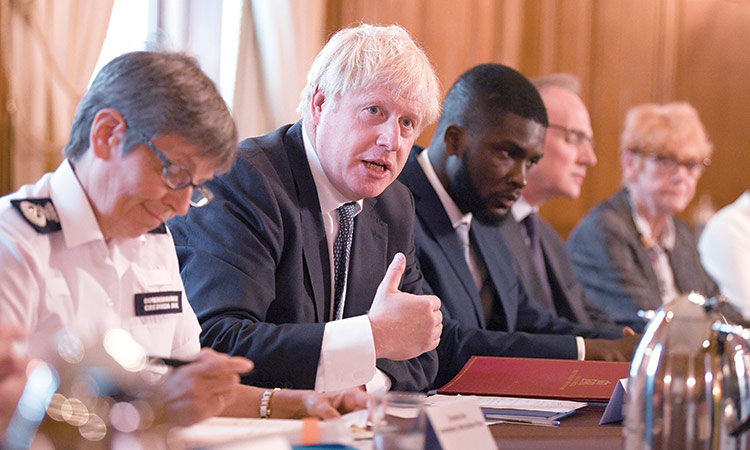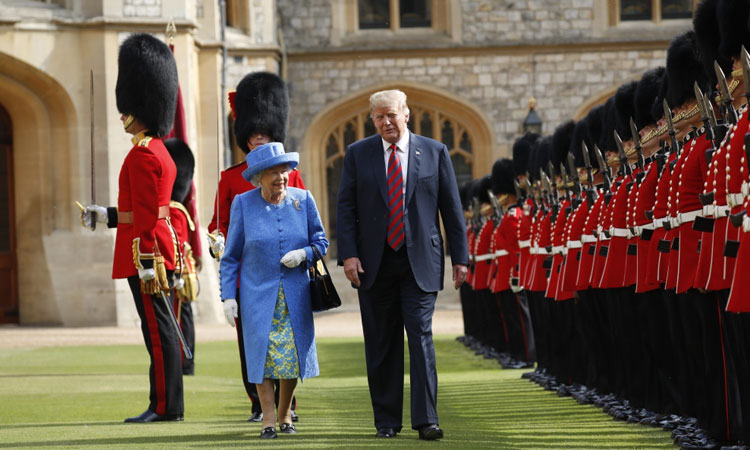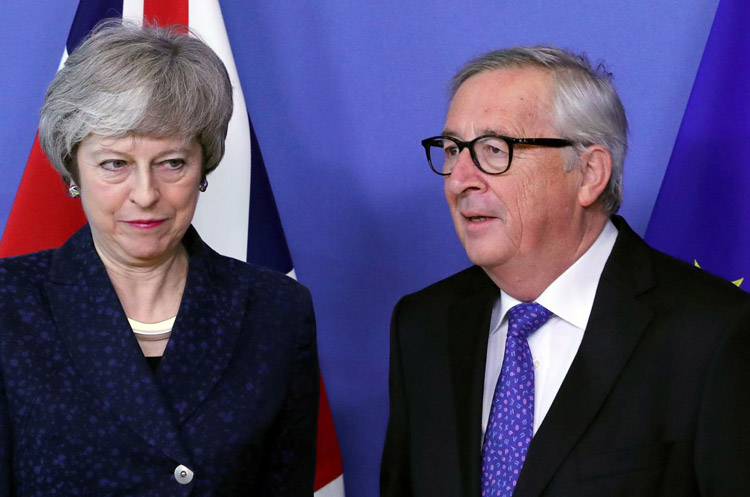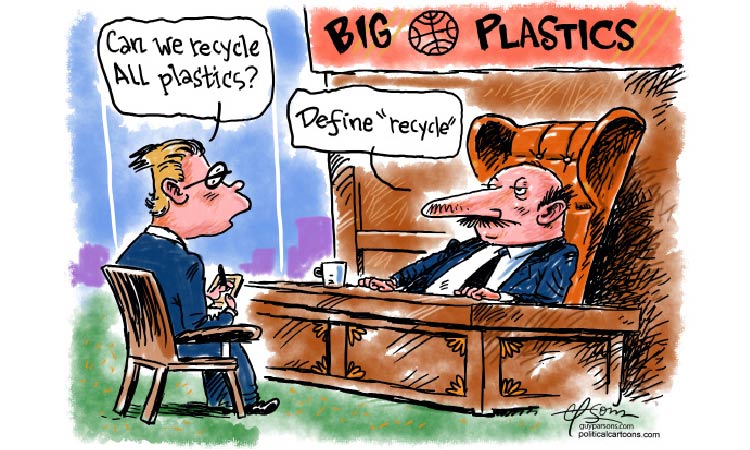What does Donald Trump’s visit mean for Brexit?

John Rentoul
@JohnRentoulChief Political Commentator, The Independent; visiting professor, King's College, London.
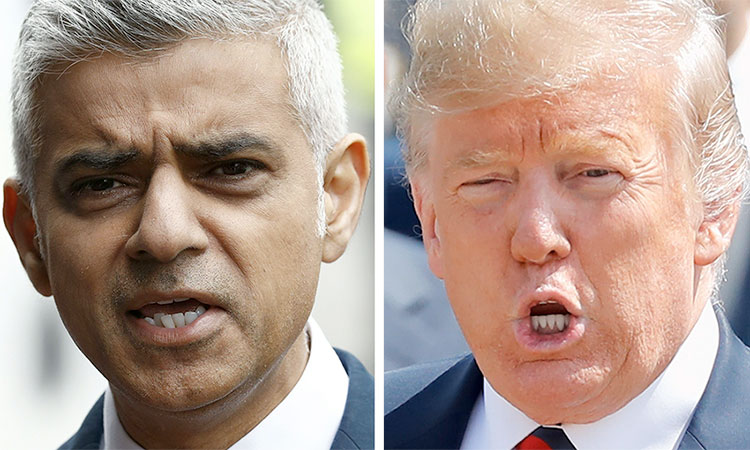
Sadiq Khan and Donald Trump.
Some Tory grassroots members might be impressed by Trump saying Johnson would do a “very good job”, but they mostly have a favourable impression of the candidate anyway. It is the votes of Tory MPs that Johnson needs in the first stage of the contest, and they are more likely to be sensitive to wider public option – a YouGov poll found two thirds of the British people have negative view of the US president.
So Johnson will probably shrug and say to himself, “you win some and you lose some”. As for Khan, Johnson has been rude about his successor as mayor of London himself in his time, but he ought to worry that the president’s undignified comments will poison the partisan atmosphere around the state visit.
Johnson, meanwhile, can’t be too happy with Trump’s advice on how to handle Brexit: “If they don’t get what they want I would walk away,” the president told The Sunday Times. “If you don’t get the deal you want, if you don’t get a fair deal, then you walk away.”
Naturally, that is what Johnson says he would do. He repeated it on Monday in his campaign video, telling a Peterborough voter: “If I get in, we’ll come out, deal or no deal, on 31 October.” But Johnson knows that it is not as easy as that. Trump, for all that he likes to think that he takes a close interest in British politics, has no idea how the House of Commons works. He appears not to realise that a British prime minister cannot just “walk away” from the EU with no deal because parliament will not allow it.
Johnson needs advice on how to deal with a deadlocked hung parliament, and Trump is the last person you would turn to for that.
Similarly, the US president’s views on the EU exit bill are unhelpfully ill-informed. The one thing he does know is that the £39bn figure translates to about $50bn, and he said: “If I were them I wouldn’t pay $50bn. That is me.” That is indeed him. The one who said Mexico would pay for the wall.
Trump told Tim Shipman, of The Sunday Times, that he “would not pay, that is a tremendous number.” He appears to know nothing about how the £39bn is calculated, and that half of it would be our continuing annual contribution during the post-Brexit transition period, when we would be treated as an EU member.
So Trump’s intervention in British politics does nothing to help Johnson, or any other possible future prime minister, get round the apparent inability of any new leader to deliver Brexit.
All he does is add to the clamour for an easy solution, and by virtue adding to the sense of betrayal when Theresa May’s successor finds that they cannot simply “walk away without paying the money”.
Does Boris Johnson, once a liberal one-nation Conservative, really want to be trapped between Donald Trump and Nigel Farage as the weak link in a global movement of national populism? I don’t think so. Taking the UK out of the EU already looks impossible. The last thing he needs is those two clowns telling him how easy it is.
